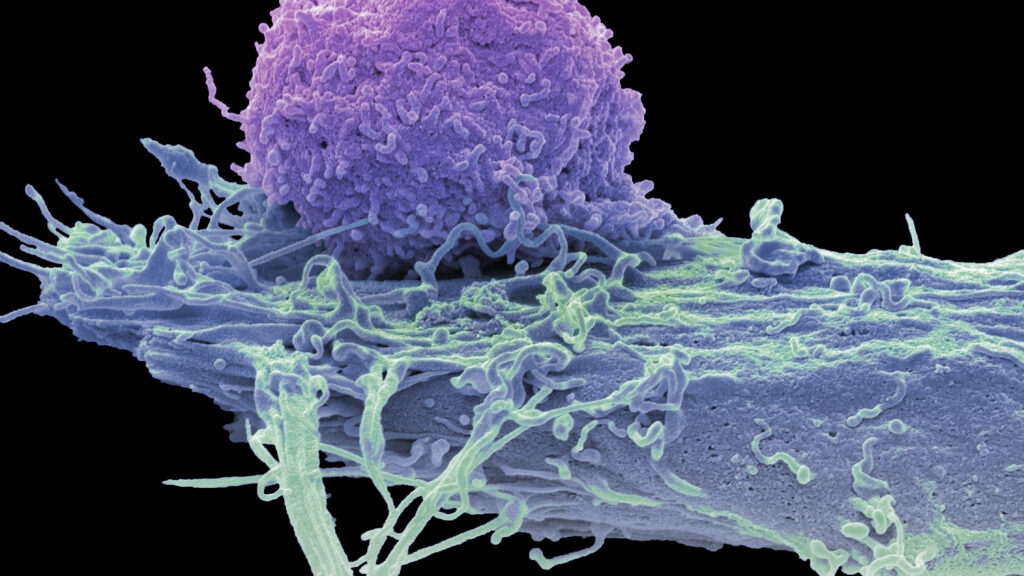Experimental CAR-T therapies developed by Cabaletta Bio and Bristol Myers Squibb have demonstrated the potential to induce complete remissions in patients suffering from severe inflammatory muscle disease. Preliminary results from dual clinical trials, presented this week, add to the growing body of evidence suggesting that personalized cell therapies, which have primarily been used to treat blood cancers, may also be effective for serious autoimmune disorders.
The findings highlight an important advancement in treatment options for patients who often rely on multiple medications to manage their conditions. As Steven Nichtberger, CEO of Cabaletta, noted, these patients typically take between three to five different drugs daily, incurring significant health risks and financial burdens.
“With a one-time CAR-T treatment, we’re showing we can eliminate all of those drugs, giving them the opportunity to no longer be patients,” Nichtberger stated. He emphasized the transformative potential of this therapy, suggesting that it could free individuals from the constraints of their diseases.
Trial Findings and Implications
The clinical trials involved a cohort of patients diagnosed with autoimmune disorders, specifically targeting inflammatory muscle diseases. The preliminary results indicate a remarkable response rate, with reports of patients achieving complete remission following treatment. This is particularly significant given the chronic nature of these diseases and the limited efficacy of current treatments.
The trials are part of an ongoing investigation into the versatility of CAR-T therapies. Traditionally associated with oncology, these therapies involve reprogramming a patient’s own immune cells to recognize and attack diseased cells. The adaptation of this technology for autoimmune issues represents a promising frontier in medical research.
The financial implications of such therapies are considerable. Patients often face escalating costs associated with long-term medication regimens, which can lead to a significant financial burden. By potentially eliminating the need for multiple daily medications, CAR-T therapies could not only improve health outcomes but also reduce overall healthcare costs for patients and the healthcare system.
Future of CAR-T Therapies
While the results are promising, experts caution that further research is necessary to fully understand the long-term effects and safety of CAR-T therapies for autoimmune disorders. Ongoing clinical trials will aim to establish the durability of remission and identify any potential side effects associated with this innovative treatment approach.
As researchers continue to explore the applications of CAR-T technology, the hope is that it will lead to new therapeutic options for patients who currently have limited choices. The dual clinical trials conducted by Cabaletta and Bristol Myers Squibb represent a critical step forward in the quest for effective treatments for autoimmune diseases.
In summary, the findings presented this week illuminate the exciting potential of CAR-T therapies to transform the lives of patients living with severe autoimmune disorders. As the research progresses, these therapies may pave the way for a new era of personalized medicine.





































































